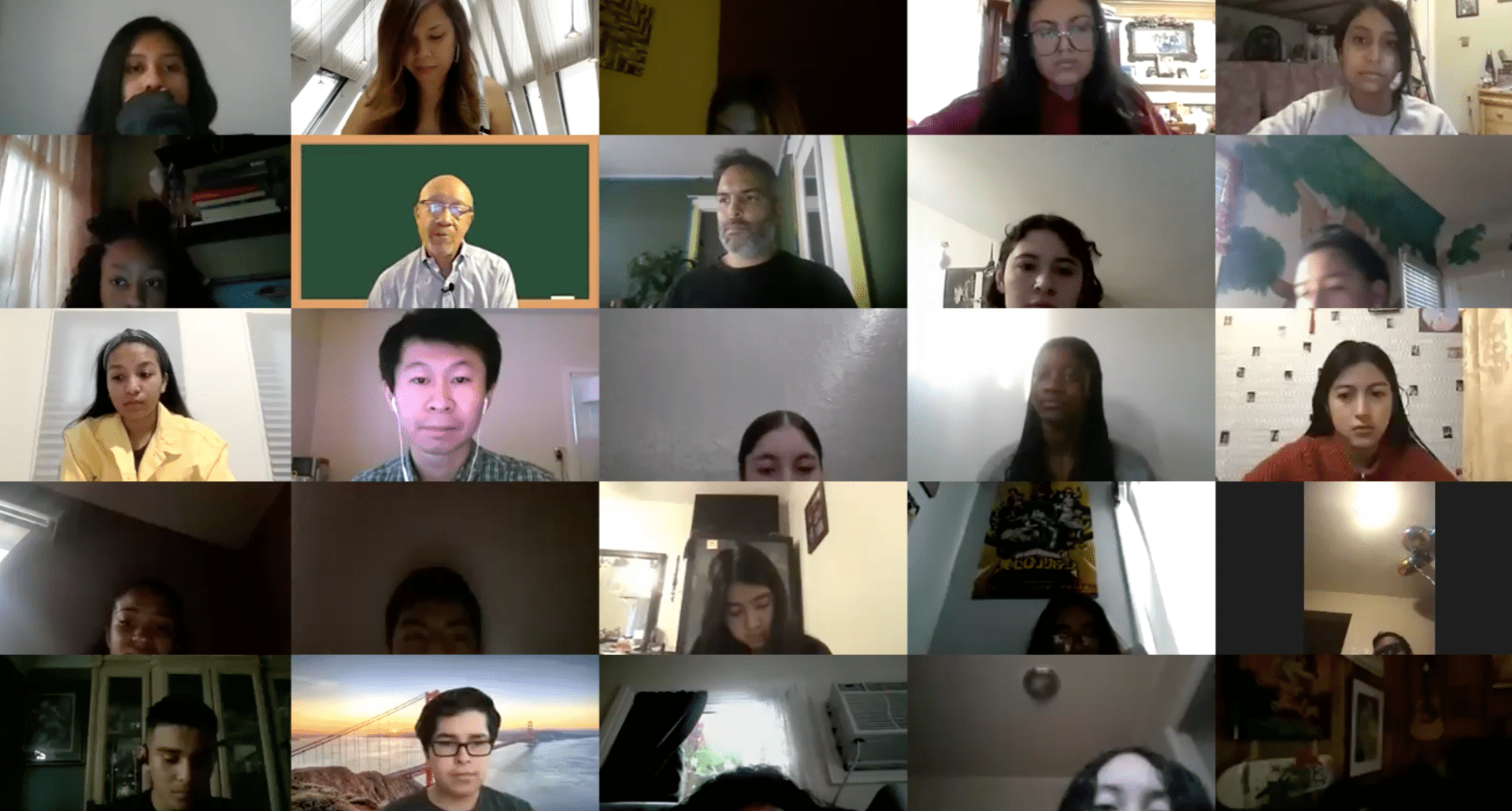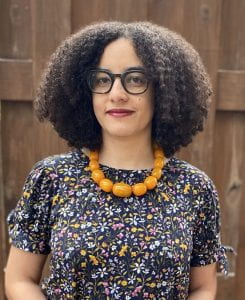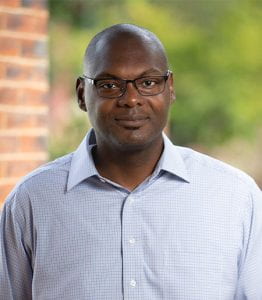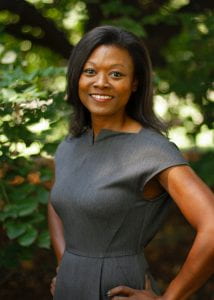The Journey
Iola Leroy Reading Marathon
Frances E. W. Harper’s novel in one weekend beginning Saturday, October 17

Dear Iola Guest Speaker Series

South LA Reads Iola Leroy Guest Speakers Series invites scholars to explore topics related to students’ study of Frances E. W. Harper’s novel. The series is open to visitors of our communities. The Dickens Project, UCLA, USC, NAI, Foshay, and affilitated organizations and individuals.
The series is a part of Dear Iola, Love South LA, a LitLab production in collaboration with the Dickens Project, UCLA English Department, UHI & EPIC. We want to express our deep gratitude to our visiting professors as our Dear Iola, Love South LA Guest Speakers Series concludes. Recordings of lectures and curated clips can be found here on this page. Read a digital journal of their thoughts and questions in this series on their padlet.
UCLA
In this presentation, Professor Yarborough examines the roots of ideas regarding alleged racial differences in the institution of chattel slavery. He also discusses how anti-black stereotypes grounded in justifications for slavery persisted in the United States after Emancipation.
Professor Yarborough teaches and conducts research on a wide range of issues relating to African American literature and to U.S. literature and culture more broadly. His classes and scholarship focus on African American literature before World War I, the representation of slavery in American culture, black writers and radical politics in the U.S., and the construction of race in American film and popular music.
University of Wisconsin-Madison

Professor Fielder will talk about mixed-race heroine fiction, how Frances E. W. Harper’s anti-passing novel Iola Leroy fits into this genre, and some of the important revisions she makes to popular tropes in this genre.
Brigitte Fielder is an Associate Professor at the University of Wisconsin-Madison. She is (with Jonathan Senchyne) co-editor of Against a Sharp White Background: Infrastructures of African-American Print. Her first book, Relative Races: Genealogies of Interracial Kinship in Nineteenth-Century America has just come out from Duke University Press. She is currently working on a book on racialized human-animal relationships in the long nineteenth century.
Cornell University

November 5 & November 6, 9-10 am PDT
This session examines how Iola Leroy dramatizes the decades long phenomenon of Black Americans using print to find and reunite with family after emancipation. Professor Spires will draw on ads from the Christian Recorder and will be highlighting Last Seen: Finding Family after Slavery and Heather Williams’s Help Me Find My People: The African American Search for Family Lost in Slavery. Students might be interested in exploring Last Seen either before or after the session.
Derrick R. Spires is Associate Professor of English at Cornell University, where he teaches courses on early African American and American print culture, citizenship studies, and Black Speculative Fiction. His first book, The Practice of Citizenship: Black Politics and Print Culture in the Early United States (Pennsylvania Press, 2019), won the 2020 Bibliographical Society/St. Louis Mercantile Library Prize and the 2019 M/MLA Book Prize. Professor Spires’s work appears or is forthcoming in African American Review, American Literary History, Early American Literature, and edited collections on early African American print culture, time and American literature, and the colored conventions movement.
University of Maryland

November 12 & November 13, 9-10 am PDT
Professor Rudy will discuss Frances E. W. Harper’s use of poetry in her novel and the ways in which it connects to her rhetorical skills as an accomplished orator. The session will focus on comparative readings of exhortation in both “A Rallying Cry” (1891) and “Slave Mother, A Tale of the Ohio” (1854, 1857).
Jason Rudy is a Professor of English at the University of Maryland, College Park, and author of Imagined Homelands: British Poetry in the Colonies (2017) and Electric Meters: Victorian Physiological Poetics (2009). He is currently writing an authorized biography of the Indigenous Australian painter Gordon Syron.
Ohio State University

November 16, 8-9 am PDT
Professor Mitchell will share why she became determined to produce the Broadview Edition of Iola Leroy, what the editing work taught her about herself, and how it clarified her understanding of the violence educators do whenever they pretend whiteness is neutral.
Koritha Mitchell is author of the award-winning book Living with Lynching, editor of the Broadview Edition of Frances E.W. Harper’s 1892 novel Iola Leroy and author of From Slave Cabins to the White House. She is an associate professor of English at Ohio State University. Follow her @ProfKori.
A session on understanding how 19th century readers would have understood poetry followed from Professor Jason Rudy (University of Maryland), who enlivened students understanding of the communal poetics of Harper’s 1891 poem, “A Rallying Cry.” For our finale, students had the honor of meeting the editor of their Broadview editions of Iola Leroy Professor Koritha Mitchell (Ohio State University). In telling us the story of what she learned from editing the novel, Professor Mitchell challenged students to recognize the violence coded in pretensions of whiteness as neutral. Throughout the series, students engaged the speakers with questions, wondering about the sources of racial pride and how racism can be dismantled, while connecting Harper’s activism with their own.

